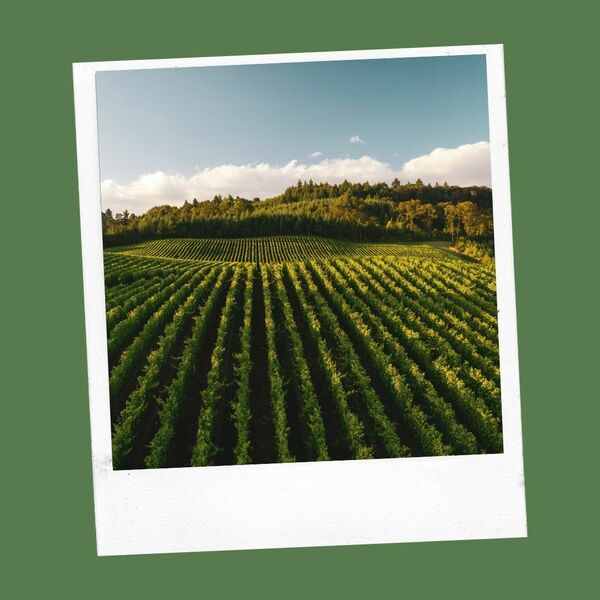Notifications
ALL BUSINESS
COMIDA
DIRECTORIES
ENTERTAINMENT
FINER THINGS
HEALTH
MARKETPLACE
MEMBER's ONLY
MONEY MATTER$
MOTIVATIONAL
NEWS & WEATHER
TECHNOLOGIA
TV NETWORKS
VIDEOS
VOTE USA 2026/2028
INVESTOR RELATIONS
COMING 2026 / 2027
ALL BUSINESS
COMIDA
DIRECTORIES
ENTERTAINMENT
FINER THINGS
HEALTH
MARKETPLACE
MEMBER's ONLY
MONEY MATTER$
MOTIVATIONAL
NEWS & WEATHER
TECHNOLOGIA
TV NETWORKS
VIDEOS
VOTE USA 2026/2028
INVESTOR RELATIONS
COMING 2026 / 2027
 sonal kumari -
November 12, 2024 -
Personal -
agriculture
plant
Cartap Hydrochloride 50% SP
cartap hydrochloride 50 sp price
cartap hydrochloride 50 sp
cartap insecticide price
cartap 50 sp
soil
plant helth
Insecticide
-
480 views -
0 Comments -
0 Likes -
0 Reviews
sonal kumari -
November 12, 2024 -
Personal -
agriculture
plant
Cartap Hydrochloride 50% SP
cartap hydrochloride 50 sp price
cartap hydrochloride 50 sp
cartap insecticide price
cartap 50 sp
soil
plant helth
Insecticide
-
480 views -
0 Comments -
0 Likes -
0 Reviews

The availability and pricing of essential crop protection products such as insecticides heavily influence the agricultural sector. Cartap Hydrochloride, 50% SP, has emerged as a critical solution for managing various crop pests. Supply, demand, production costs, regulations, and global market trends shape its dynamics. This article delves into the supply and demand factors that influence the price of Cartap Hydrochloride 50% SP and what it means for farmers and the agricultural industry.
Cartap Hydrochloride 50% SP (soluble powder) is a highly effective insecticide that protects crops like rice, vegetables, sugarcane, and other cash crops from destructive pests, including stem borers, leaf folders, and caterpillars. Its ability to provide broad-spectrum pest control and long-lasting protection has made it a staple for many farmers worldwide.
Given its critical role in crop protection, the demand for Cartap Hydrochloride, 50% SP, is consistently high, and market dynamics can significantly impact its price and availability.
Several key factors influence demand for Cartap Hydrochloride 50% SP, each contributing to fluctuations in price and market stability.
Sudden pest outbreaks can lead to an increase in demand for effective insecticides like Cartap Hydrochloride. Farmers turn to trusted solutions to minimize losses and protect yields when severe infestations threaten crops. Such demand spikes can lead to temporary price increases as manufacturers and suppliers work to meet the surge in orders.
The demand for Cartap Hydrochloride varies based on crop trends and planting seasons. For example, rice farmers heavily rely on this insecticide during peak growing seasons when pests are most active. Consequently, demand increases during these periods, potentially affecting prices and availability.
The growing adoption of integrated pest management practices has increased demand for insecticides like Cartap Hydrochloride, which fit well within IPM strategies. Demand for selective and effective products continues to rise as more farmers prioritize environmentally friendly and sustainable solutions.
Government policies and subsidies can significantly impact demand for agricultural inputs. In some regions, insecticide subsidies can lead to increased demand, while stricter regulations on chemical use may limit demand or require more selective application practices.
While demand plays a significant role in shaping market dynamics, supply-side factors are equally important in determining the price and availability of Cartap Hydrochloride 50% SP.
Cartap Hydrochloride's production relies on raw material availability, and any supply chain disruptions can impact production costs. Shortages or price increases for essential raw materials can lead to higher production costs, which may be passed on to consumers through increased prices.
Production costs, including energy, labor, and transportation, also influence the supply of Cruzep 50 Cartap Hydrochloride 50% SP. Rising costs in any of these areas can affect the price of the final product. Manufacturers may adjust production levels based on profitability, influencing market availability.
Regulatory changes regarding chemical insecticides' use, distribution, and production can impact supply. For example, stricter regulations may limit the availability of certain products, leading to supply shortages and potential price increases. Conversely, streamlined regulations can facilitate easier production and distribution.
The global market for agricultural inputs is subject to international trade dynamics, tariffs, and geopolitical factors. Changes in trade policies, import/export restrictions, and currency exchange rates can all impact the availability and price of Cartap Hydrochloride 50% SP.
Fluctuations in the supply and demand of Cartap Hydrochloride 50% SP can directly impact farmers and their ability to protect crops effectively. High prices or limited availability during critical growing periods can strain farmers financially, mainly small-scale operations. Conversely, stable supply and affordable prices ensure farmers can access reliable pest control solutions, contributing to better yields and profitability.
Given the potential for market fluctuations, farmers and industry stakeholders can adopt strategies to manage the impact of supply and demand dynamics.
Farmers can reduce costs and ensure consistent supply by purchasing Cruzep 50 Cartap Hydrochloride 50% SP in bulk or joining cooperatives that pool resources for collective buying power. This can lead to discounts and better pricing stability.
Relying solely on one type of insecticide can leave farmers vulnerable to price fluctuations and supply shortages. By incorporating various pest control methods, including biological and cultural practices, farmers can reduce their dependence on a single product and maintain flexibility in their pest management strategies.
Farmers can engage with policymakers to advocate for subsidies, research funding, and policies that promote stable access to essential crop protection products. Supportive government policies can mitigate market volatility and ensure consistent availability of key inputs.
The market for Cartap Hydrochloride, 50% SP, is expected to continue evolving as new technologies, regulatory changes, and global trade dynamics shape its landscape. Innovations in formulation and delivery methods, along with a growing focus on sustainability, may influence demand and drive changes in market behavior.
Understanding the supply and demand dynamics of Cartap Hydrochloride 50% SP is essential for farmers, distributors, and policymakers to make informed decisions. By adopting strategies to manage market fluctuations and staying informed about industry trends, stakeholders can ensure this valuable insecticide remains accessible and affordable. As the agricultural sector continues to evolve, products like Cartap Hydrochloride will play a critical role in supporting global food security and sustainable crop protection.
